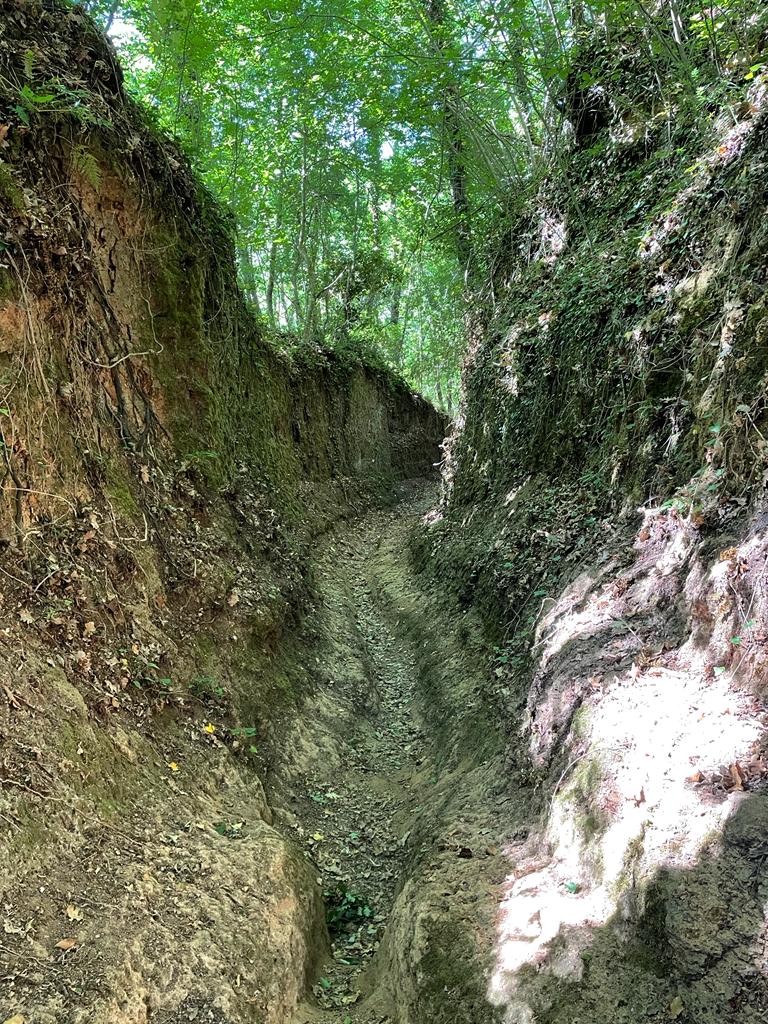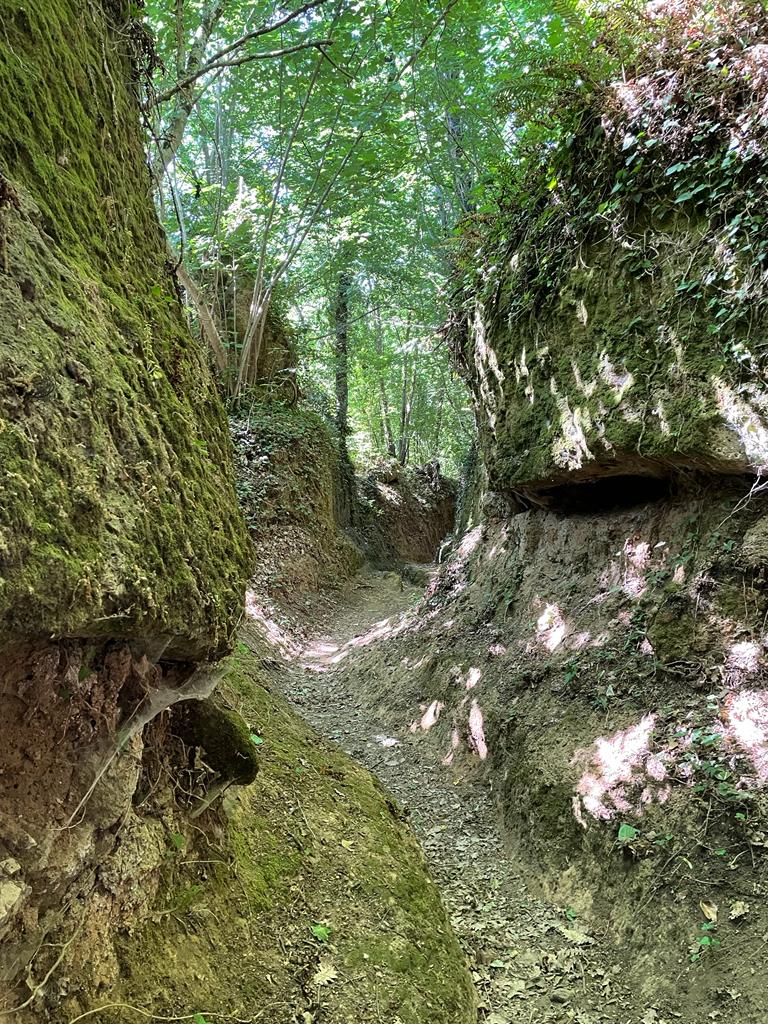A friend just suggested that I and some other friends think about our “writing life,” so I’ve been thinking about what my life as a writer has been.
Every writer creates, or tumbles into, a certain “writing life” tailored to him/herself, and the habits of that life are blended, smoothly or roughly, with the daily life of meal preparation, outside jobs, marriage or other love relationships, childcare, social get- togethers, bills, housecleaning, exercise, illness – all the activities/vicissitudes of any life’s needs.
For some years, I persisted in the dream that, eventually, I would be one of those writers who could dovetail my writing with the other aspects of my life – with fluid skill and perfect organization: up at 4 every morning to put in 3 hours of solid work before my children woke, then a nutritious breakfast for the family, off to my part time job, come home, have a snack for the kids, clean house, help with homework, fix supper….
But those visions of myself scurrying around like a well-organized little mouse were figments of imagination. If such a writer’s life does exist somewhere, for some writers, it was not to be mine.
My writing life, like the rest of my life, has been chaotic, erratic, and productive in spurts. Some nights I woke at midnight to work, caught an hour or two before 7, then dragged through the day. Some days I sneaked away to the river with a notebook; many days I ignored chores. I didn’t balance my checkbook; I left dishes in the sink; dust gathered on the shelves; the kitchen floor went un-scrubbed. There were long spans of time when my writing was reduced to notes on scraps of paper stuck in a file, or rough first drafts of poems were literally jotted down on napkins at the breakfast table. I finished first drafts of whole novels, written in the burst of an idea, that still, years later, sit on my shelf waiting for a rewrite. There have been fits of submissions when I sent out individual stories / poems / novels, followed by doldrums of inactivity when, for months, I submitted nothing.
In short, I’ve conducted my writing life in a calamitous way. It’s been hard most of all on the people around me, but can I be brazen enough to at least offer it as a vision of persistence?
Each of us writers has something to say, and walking either upright with steady steps toward our goals or stumbling and lurching through our work, we write. Writing is what makes us writers. Under any circumstance, through any hardship. A person’s writing life is a manifestation of character and is bound to be as varied as the people who live it.
When I think of my own writing life I know I could have…. I should have….
But I didn’t.
I was lost in the glorious chaos of life with other people, other needs, and with my own failings. The poems and the stories twirled in an endless, dizzying polka through my head. I was a failure at an orderly life, but blessed with a loving family, friends, and editors that danced along with me, or when I needed, let me dance by myself. My writing life was that I just kept going.


